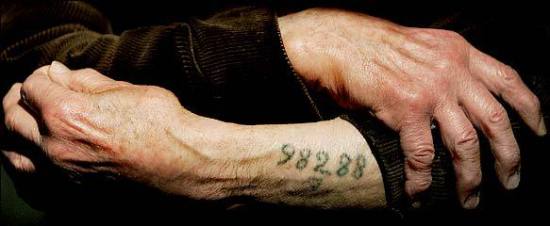In Page After Page, Heather Sellers recommends using a journal to jump start and sustain a healthy writing life. Honestly, at this stage of my life, a blank journal staring back at me sounds like another obligation that I must keep. This tells me that I need to go back and reread some of the earlier chapters and my own blog posts about freeing myself and my writing from self-imposed restrictions.
I don’t know why I allow myself to become so wrapped up in the “what I should be doing” to the point that I overwhelm myself and actually get nothing done because there is too much to do. The flood we experienced last week and piles of stuff rescued from our basement add to my distress.
 But a year from now, when the basement is back in order, will I still be bogging myself down in the usual way or will I have learned my lesson? I say, “When the kiddo returns to school in August, I’ll be free to write again. When his Eagle project is complete, I’ll write. When the Fourth of July picnic is past, I’ll be able to write. When I’ve reciprocated Shabbat dinners to those who invited me, I’ll have free time to write.” The garden that needs weeded, the husband fretting over his job and the insurance claim, my cat who was injured during the flood: it all sucks my joy, and I don’t write. Factor in the condition of our society, self-doubts about ever being published, and the ever-present lack of funds, and I admit there are days when I believe I’m going to lose my mind.
But a year from now, when the basement is back in order, will I still be bogging myself down in the usual way or will I have learned my lesson? I say, “When the kiddo returns to school in August, I’ll be free to write again. When his Eagle project is complete, I’ll write. When the Fourth of July picnic is past, I’ll be able to write. When I’ve reciprocated Shabbat dinners to those who invited me, I’ll have free time to write.” The garden that needs weeded, the husband fretting over his job and the insurance claim, my cat who was injured during the flood: it all sucks my joy, and I don’t write. Factor in the condition of our society, self-doubts about ever being published, and the ever-present lack of funds, and I admit there are days when I believe I’m going to lose my mind.
So why would I add a journal to this? Do I need one more thing demanding my attention, waiting to be filled up by what I have to offer? Well, I’ll do it because journaling is for me and me alone. Self-doubt rears its ugly head and says, “That sounds so selfish. You should fold laundry and dust; it’s what good homemakers do.”
That’s true; but I’m tired of living in this jail. I’m going to remind self-doubt that if Momma ain’t happy, ain’t nobody happy. And right now, Momma ain’t happy.
If for no other reason than to vent, I’m going to write in a journal. My plan is to fill it with things that make me happy: writing, sketches, quotes, pictures, recipes, scripture, lists of blessings, and whatever comes to mind. I won’t try to organize or control it, but I also won’t allow it to control me. The whole point of my journal will be an exercise in freedom: freedom to write, create, invent, express, explore, enjoy, return to life, to live and not just exist.
The purpose of blogging about my experience with writing is to hopefully keep other writers from falling into the same traps I created for myself. It’s also meant to show writers that he or she is not alone even when we all have a tendency to end up here by our own hand! Still, I want to encourage you with what I have learned. Nerdy Girl Supplies offers gorgeous, affordable journals in the Notebooks & Stationery section of the site for you to capture all of your brilliant ideas. Head on over and treat yourself to a journal or sketchbook; it’s time to go forth and create.
Write Happy!











